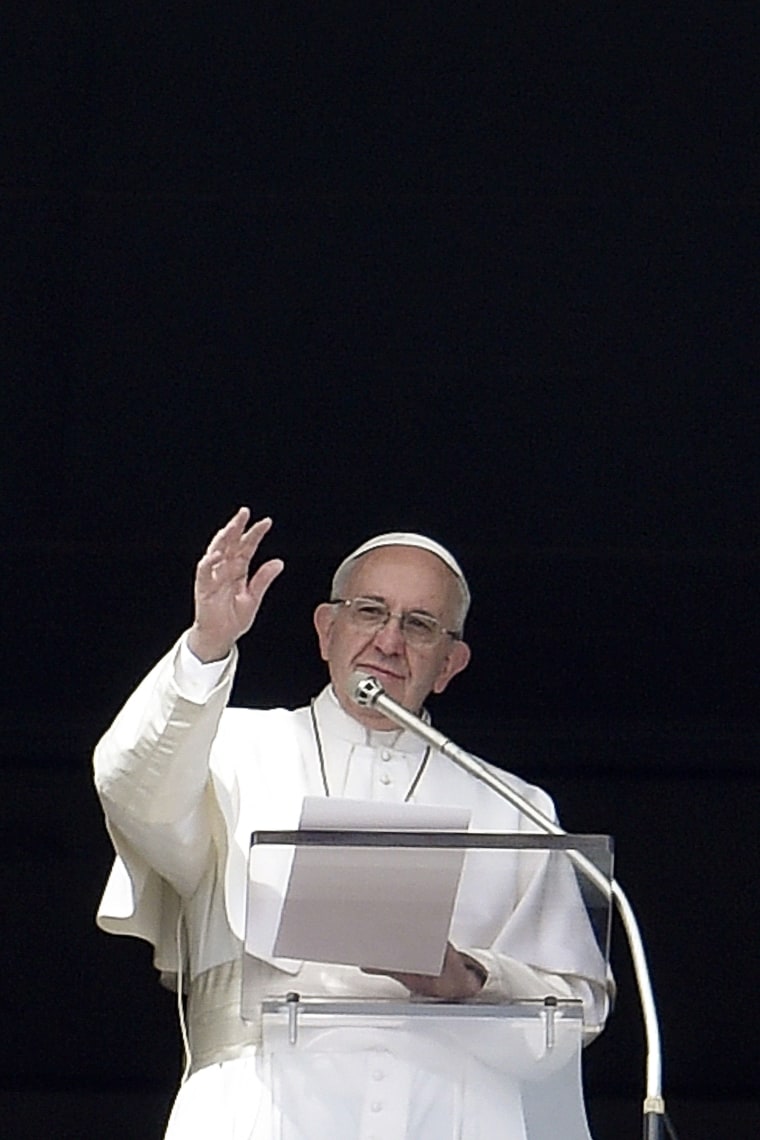Pope Francis has emerged as a powerful voice in the global conversation about human rights and justice. His leadership within the Catholic Church has been marked by a series of bold moves that challenge traditional doctrines, particularly concerning the death penalty. By redefining the Church's stance on capital punishment, Pope Francis is not merely altering doctrine; he is advocating for a profound cultural shift towards valuing life in all its forms.
As the leader of one of the world's largest religious organizations, Pope Francis’s call for an end to the death penalty resonates globally. His approach emphasizes compassion, mercy, and the inherent dignity of every individual. This perspective challenges societies to reconsider their reliance on punitive measures and instead focus on rehabilitation and restorative justice. Through his encyclicals and public addresses, Pope Francis continues to inspire millions worldwide to join him in advocating for this critical reform.
The Catholic Church under Pope Francis has taken a definitive stance against the death penalty, marking a significant shift in its doctrine. In recent years, the Pope has consistently reiterated that the death penalty is inadmissible, regardless of the crime committed. This position reflects a broader ethical framework that prioritizes the sanctity of life and advocates for justice systems that uphold human dignity.
Evolution of Doctrine: Pope Francis and the Death Penalty
In a notable evolution of Church teaching, Pope Francis declared that the use of the death penalty is a sin and cannot be justified under any circumstances. This represents a departure from previous teachings where the death penalty was considered permissible in certain situations. The Pope emphasized that the understanding of this issue has evolved over time, reflecting a deeper appreciation for the value of human life.
This change in doctrine signifies a growing recognition within the Church that the death penalty undermines the inherent dignity of the human person. It challenges long-held beliefs and invites Catholics to embrace a more compassionate approach to justice. By asserting that the death penalty denies the dignity of individuals, Pope Francis aligns the Church with modern human rights principles.
Through various addresses and writings, Pope Francis has articulated this shift clearly, urging believers to advocate for the abolition of the death penalty worldwide. His message encourages a move away from retributive justice towards a system that focuses on healing and restoration, emphasizing the potential for redemption in every person.
A Universal Call for Justice and Mercy
Pope Francis has expressed the Catholic Church's firm opposition to the death penalty, declaring it inadmissible regardless of the severity of the crime. In a letter to the President of the International Commission Against the Death Penalty, he reiterated the Church’s commitment to eradicating capital punishment globally. This stance underscores the belief that justice must always respect human dignity and seek to rehabilitate rather than punish harshly.
The Pope’s call extends beyond the confines of religious communities, inviting all people of goodwill to join in the effort to abolish the death penalty. He argues that such a practice is incompatible with a society that values life and seeks peace. By promoting this viewpoint, Pope Francis aims to foster a culture of mercy and understanding, encouraging nations to adopt more humane approaches to criminal justice.
His advocacy highlights the importance of international cooperation in achieving this goal. By engaging with global organizations and leaders, Pope Francis seeks to build a coalition dedicated to ending the death penalty. This universal call resonates with those who believe in the transformative power of mercy and justice, urging them to act collectively for a better future.
Ratifying Change: Fratelli Tutti and Beyond
In his encyclical Fratelli Tutti, Pope Francis solidified the Church's position against the death penalty, marking a pivotal moment in Catholic teaching. The document explicitly rejects the legitimacy of capital punishment in any context, affirming the Church's commitment to protecting life at all stages. This encyclical serves as a moral compass, guiding Catholics and non-Catholics alike toward a more compassionate understanding of justice.
By ratifying this change in doctrine, Pope Francis reinforces the idea that justice systems should prioritize rehabilitation and reconciliation over retribution. The encyclical calls for a reevaluation of how societies address crime, emphasizing the need for systems that promote healing and transformation. This vision challenges existing structures and invites innovation in the pursuit of true justice.
Looking ahead, the impact of Pope Francis's teachings will likely continue to shape discussions around the death penalty. As more countries consider abolishing this practice, the influence of the Catholic Church under his leadership could play a crucial role in advancing these efforts. Through persistent advocacy and dialogue, Pope Francis inspires hope for a world where mercy triumphs over vengeance, and life is cherished above all else.

